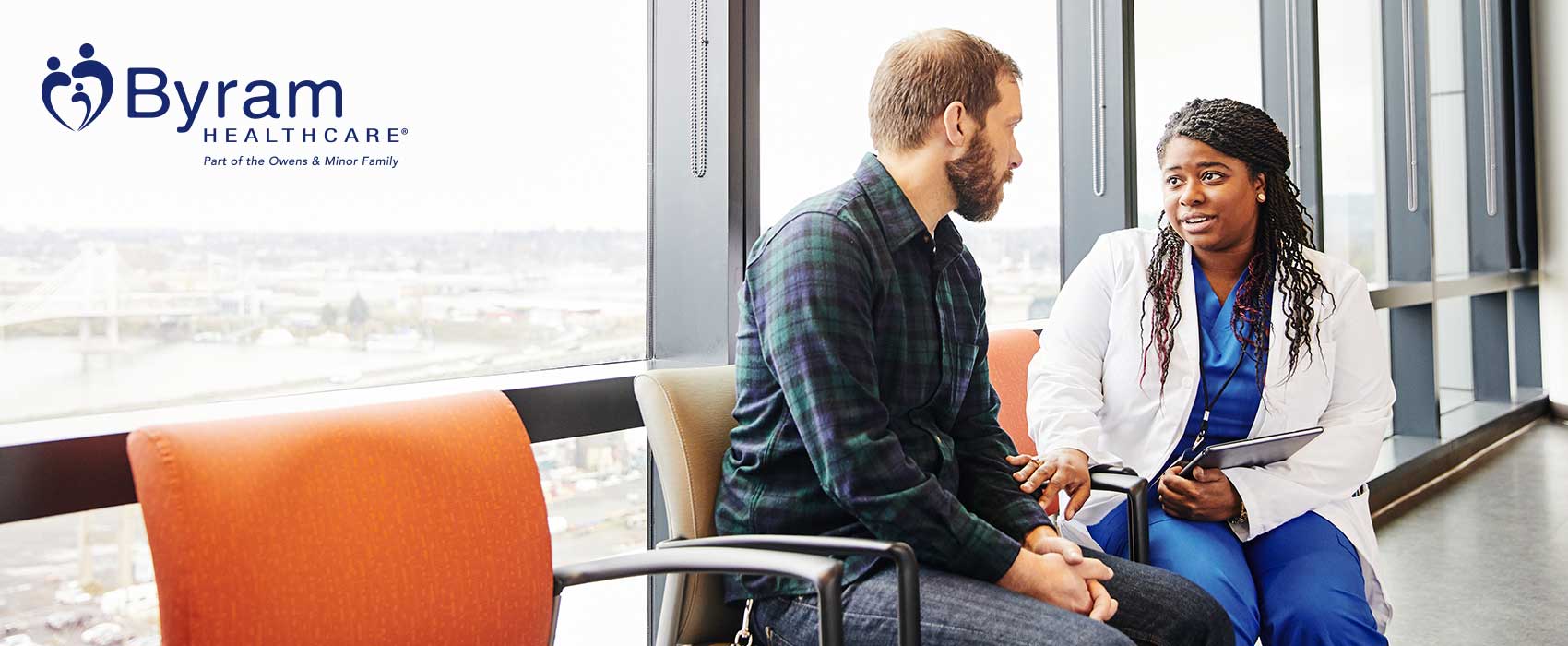
A PSA (Prostate-Specific Antigen) test is a crucial screening tool for detecting prostate cancer and monitoring the health of the prostate gland in men. However, there are a few things to avoid before a PSA test to receive accurate results. To help, we’ll cover everything you need to know about a PSA test and how to prepare for it.
What is a PSA Test?
A prostate-specific antigen (PSA) test is a type of test that’s used on men to help detect the presence of prostate cancer. It’s also considered an effective tool for measuring the prostate gland's health for individuals being treated for prostate cancer. The PSA test measures the amount of a specific type of protein produced in the prostate cells. This protein can always be found in a male’s blood, but the levels can fluctuate based on the presence of underlying conditions, infections, or prostate cancer.
What Causes Elevated PSA Results?
Although a PSA test can help catch early signs of prostate cancer, it’s not considered a definitive test. This is because several factors can cause elevated PSA levels. While prostate cancer can cause elevated PSA levels, so can prostatitis, old age, and benign prostatic hyperplasia (BPH). Therefore, it’s important to work with your doctor to better understand the results of your PSA and undergo additional testing as needed.
Who Should Get a PSA Test?
Prostate cancer is a health risk for men and is one of the most common types of cancer among the aging male population. In fact, about one in eight men will be diagnosed with prostate cancer at some point in their lifetime. However, when caught early, prostate cancer responds extremely well to treatment, and the 5-year relative survival rate is about 97%. Therefore, aging men should talk to their doctor about regularly being screened for prostate cancer. This includes getting a PSA test. Individuals who should talk to their doctor about getting a PSA test include:
- Men over the age of 50
- Men with a family history of prostate cancer
- Smokers
- Men who live a sedentary lifestyle
- Men who are overweight
- African American men
- Men who eat an unhealthy diet
Due to the nature of the test, your doctor will also likely recommend a digital rectal exam (DRE), genomic testing, and other potential blood tests. Combined, these tests provide you with a better understanding of your prostate health and whether any signs of prostate cancer are developing. If your doctor suspects prostate cancer could be present, a transperineal prostate biopsy may be performed.
Things That Can Affect PSA Results
As mentioned, several factors can influence PSA levels in your body. Some of the most notable things that can affect PSA results include:
Ejaculation
One of the most notable things that can affect PSA results is ejaculation. According to a study, ejaculation increased PSA concentration in roughly 87% of individuals. Although these effects were most notable in the immediate hours after ejaculation, PSA levels remained high for up to 48 hours.
Prostate Stimulation
Even if ejaculation does not occur, prostate stimulation can still result in elevated PSA levels. This includes stimulation from anal intercourse or any type of penetration.
Infection
Infections of the urinary tract can also impact PSA results. If you have a urinary tract infection (UTI), PSA levels may be slightly elevated. Individuals experiencing any symptoms of a UTI should talk to their doctor about diagnostic testing and UTI treatment prior to getting a PSA test.
Medications
There are also several different classes of medications that can impact PSA levels. Some medications can cause elevated PSA levels, while others can reduce PSA by up to 50%. This can lead to inaccurate test results that may provide individuals with a false sense of security. Some of the most common types of medications that can decrease PSA levels include nonsteroidal anti-inflammatory drugs (i.e., ibuprofen), thiazide, statins, and 5-alpha-reductase inhibitors.
Enlarged Prostate
Benign prostatic hyperplasia also increases PSA levels and tends to affect most aging males. BPH is not cancerous, but it can lead to some troublesome symptoms. If you’re experiencing urologic problems, don’t hesitate to talk to your doctor and get screened for an enlarged prostate. Plenty of treatment options are available to help you regain control of your life.
Prostate Biopsy
Undergoing a prostate biopsy is one way to determine the presence of prostate cancer, but if it happens within six weeks of a PSA test, it can result in elevated levels. If you’re considering getting a prostate biopsy, talk to your doctor about whether you should include a PSA test before or wait until after.
Catheter Use
Surprisingly, catheter use may also affect PSA levels. While the connection is still not entirely understood, if you need to use intermittent catheterization, it’s best to talk to your doctor regarding the timing of your PSA treatment.
With that being said, there are a few limitations to the PSA test itself. The primary one is that the test will only tell you if your PSA levels are elevated, but not why. When done on its own, this can lead to a premature diagnosis, which can cause unnecessary fear. Similarly, some types of prostate cancer don’t produce any PSA, which may give individuals a false sense of security. For this reason, many doctors rely on other tests and procedures before making a diagnosis.
Things to Avoid Before a PSA Test
Once you have a stronger idea of what can affect PSA results, it becomes clearer what to avoid before a PSA test. Luckily, you won’t need to fast from any foods or drinks before taking a PSA test. Therefore, to receive the most accurate results, speak with your doctor about any precautions and avoid doing the following in the days leading up to a PSA test.
Sexual Activity and Ejaculation
Since prostate stimulation and ejaculation can increase PSA levels, it’s best to avoid any type of sexual activity in the days leading up to your test. For the most accurate results, you should avoid sexual activity and ejaculation for at least 48 hours before your PSA test.
Prostate Massage
A prostate massage is commonly used to help treat or alleviate symptoms associated with BPH or an inflamed prostate. It may also be used in several other settings. However, the stimulation of the prostate gland can increase PSA levels, so it’s best to avoid a prostate massage for at least 48 hours before your test.
Heavy Exercise
Extremely heavy or strenuous exercise may increase your PSA levels, so it’s best to avoid doing them for at least 48 hours before your test. You can still go on walks and do light exercise, but heavy lifting or contact sports should be avoided.
Riding a Bike or Motorcycle
Any activity that puts pressure on the prostate can skew the results of a PSA test. This includes things like riding a bicycle or motorcycle. To help ensure accurate results, avoid doing these activities for at least 48 hours before your PSA test.
Use of a Urinary Catheter
Any type of manipulation of the urinary tract can cause increased PSA levels. So, try to avoid using a catheter for a few days before the test. If you experience urinary incontinence and need help with voiding, talk to your doctor about alternative treatment options.
Digital Rectal Exam
If your doctor needs to perform a digital rectal exam, it should be done after the PSA test. However, they’ll know this can increase PSA levels, so you won’t have to worry about scheduling errors.
You should also wait to undergo a PSA test if you have a urinary tract infection or another type of urinary infection. Urinary retention may also increase PSA levels, so talk to your doctor if you experience any urologic conditions to be safe. Additionally, make sure you provide your doctor with a list of medications in the weeks leading up to your PSA test. This will allow them to better understand potential errors in PSA levels.
If you’re diagnosed with any urologic condition, including prostate cancer, your doctor will discuss your treatment options as soon as possible. To help, Byram Healthcare offers a wide selection of high-quality urologic supplies that can be discreetly delivered to your door. Browse our urology products today or call one of our representatives for more information.




